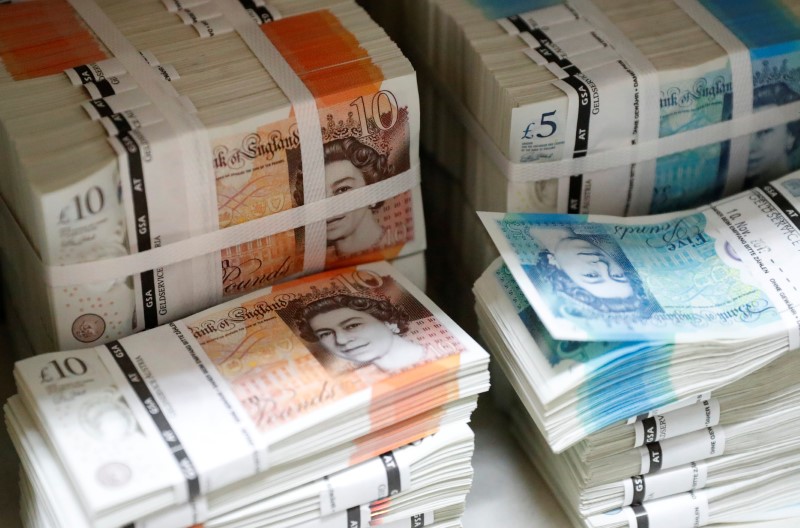By Yasin Ebrahim
Investing.com – The pound jumped to a more than two-and-a-half year high Thursday, despite experts warning of "excessive optimism" in the currency amid uncertainty over the U.K. economy, which is set to suffer a further dent from an extended lockdown.
GBP/USD rose 0.39% to $1.3740 its highest since March 2018.
"We consider sterling optimism to be excessive and we see the risk of disappointed expectations. We therefore urge caution about betting on further sterling gains," Commerzbank (DE:CBKG) warned.
The pound has been riding a wave of optimism for weeks after the U.K. and EU avoided a no deal Brexit, but there remains a lot of unanswered questions about the U.K. economy from Brexit and extended lockdown measures.
British Prime Minister Boris Johnson confirmed Wednesday that the current nationwide lockdown would be extended to by five weeks until Mar. 8 to curb the spread of the virus and allow ample time for vaccines to roll out.
"[T]here is a high degree of uncertainty as it is difficult to say how the pandemic is going to develop short-term and when and how quickly the restrictions can be eased," Commerzbank said. "As a result, the economic outlook remains very uncertain."
Brexit, meanwhile, only serves to fan the flames of uncertainty and it remains to be seen how "badly it is affecting the British economy," Commerzbank added.
"Against this background further BoE rate cuts are not off the agenda yet and the meeting next week, when a new monetary policy report is also due for publication, is likely to be scrutinised for comments of this nature."
Most experts, however, agree that while there is an outside chance of a rate cut next week. The BoE is more likely to turn to its bond-buying program to support the recovery as the central bank will want to keep its powder dry for any potential economic shocks in the months ahead.
"Even though we have another lockdown and the pandemic is dragging a bit, the economy seems to be a bit more resilient. The Bank of England will probably try and save that spare ammunition [of negative interest rates] for another shock… If there’s another shock, they won’t really have much more they can do," said KPMG UK’s chief economist, Yael Selfin.
